Section: Religion
There are more than 60 results, only the first 60 are displayed here.
Become a subscriber for more search results.
-
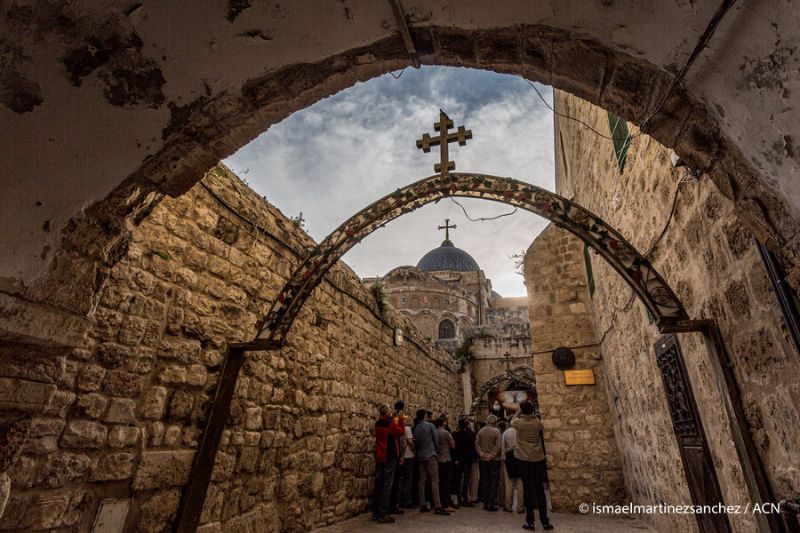
RELIGION
- Michael McVeigh
- 18 November 2024
7 Comments
Religious persecution often fades from public view unless it fits a political agenda. Yet Christians worldwide continue to face existential threats, from systemic repression in China to deadly violence in Nigeria. It’s worth reflecting on the cost of indifference and what it means to advocate for justice beyond our culture wars.
READ MORE
-
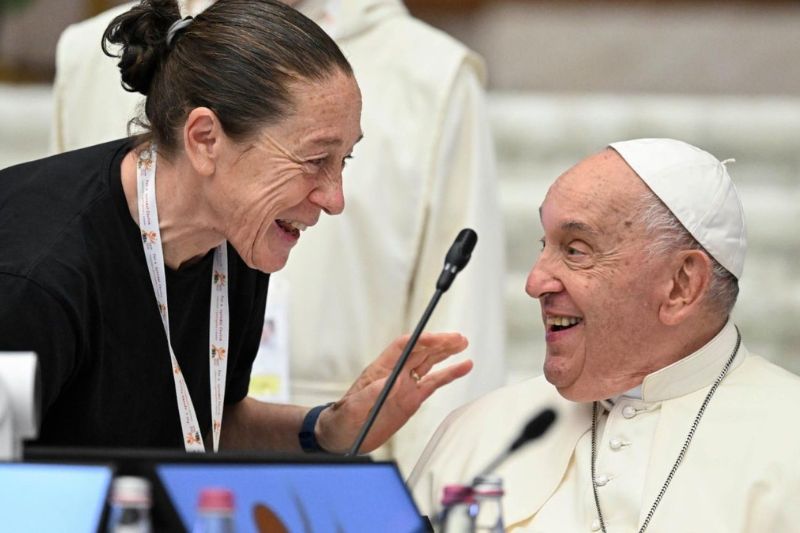
RELIGION
- Bruce Duncan
- 14 November 2024
14 Comments
The Synod is possibly the most important event in the Catholic Church since the Second Vatican Council. And despite its focus on internal Church reform and participation, can it effectively address broader social and moral issues in the world while still promoting a more inclusive and accountable Church?
READ MORE
-
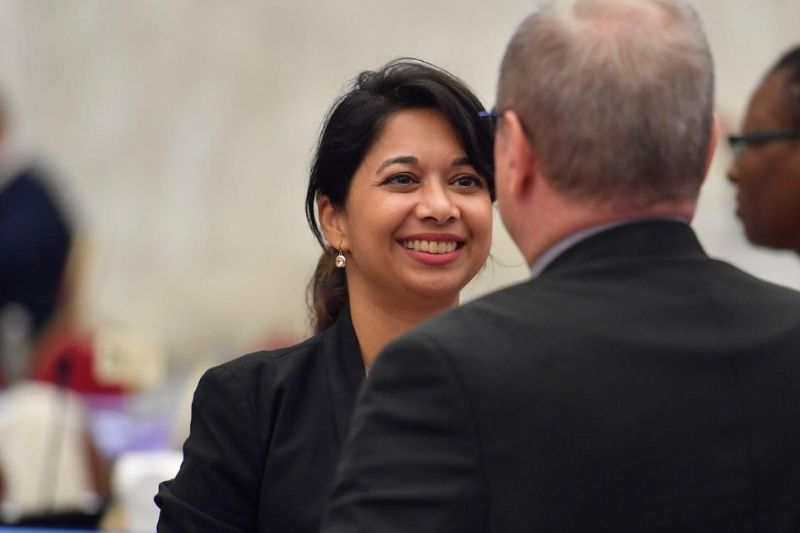
RELIGION
- Joanna Thyer
- 07 November 2024
3 Comments
At the World Synod in Rome, four women joined to advocate for ordaining women as deacons. Though the topic remains off the table officially, the message highlights the Church’s internal conflict between traditional values and growing calls for inclusion and change.
READ MORE
-
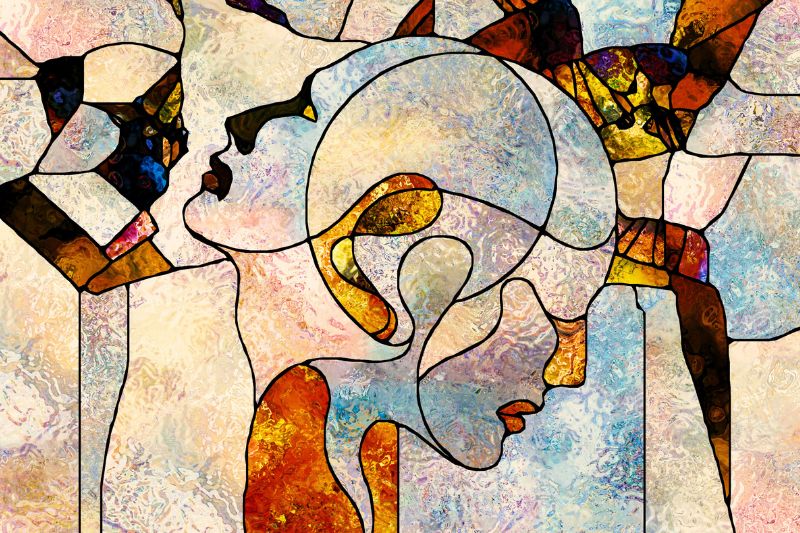
RELIGION
- John Warhurst
- 07 November 2024
14 Comments
The Catholic Church recently displayed two strikingly different faces. In Rome, the Synod on Synodality wrapped up with a facade of unity. But back in Melbourne, a Catholic University’s graduation became a battleground over church doctrine and free speech, exposing deep, unresolved fractures within the church.
READ MORE
-
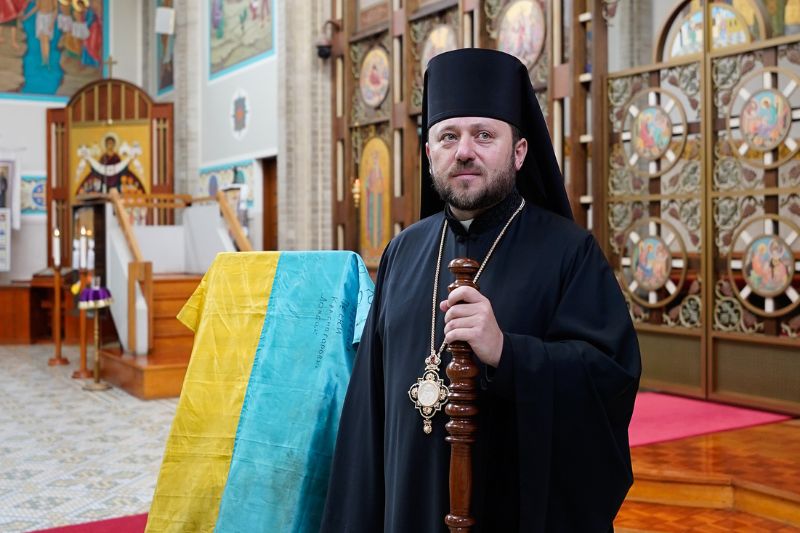
RELIGION
- Andrew Hamilton
- 14 October 2024
25 Comments
The recent appointment of Mikola Bychok as Cardinal caught many Australians off guard. Few are familiar with the Ukrainian Catholic Bishop from Melbourne, and his elevation challenges conventional notions of national identity, prompting reflection on who we consider 'one of us' and highlighting the Ukrainian community in Australia.
READ MORE
-
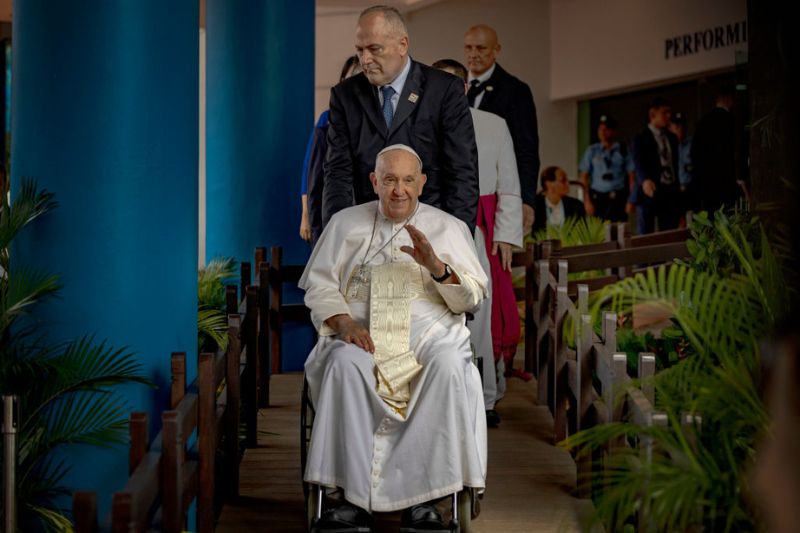
RELIGION
- John Warhurst
- 02 October 2024
4 Comments
During a recent interview on his Papal plane coming back from Singapore Francis made some pointed remarks in response to a veiled question from an American journalist about the US Presidential election contest between the Democrat Kamala Harris and the Republican Donald Trump. He chose to describe the choice as between the ‘lesser of two evils’ because Harris is pro-abortion rights and Trump is anti-immigration.
READ MORE
-

RELIGION
- Michael McVeigh
- 26 September 2024
2 Comments
There once might have been a distinction between ‘Christian journalism’ and ‘Christian PR’, however today those lines are far more muddied. The demise of the Australasian Religious Press Association might have been brought about by changing tides, but for those of us left it leaves one less lifebuoy to cling to.
READ MORE
-
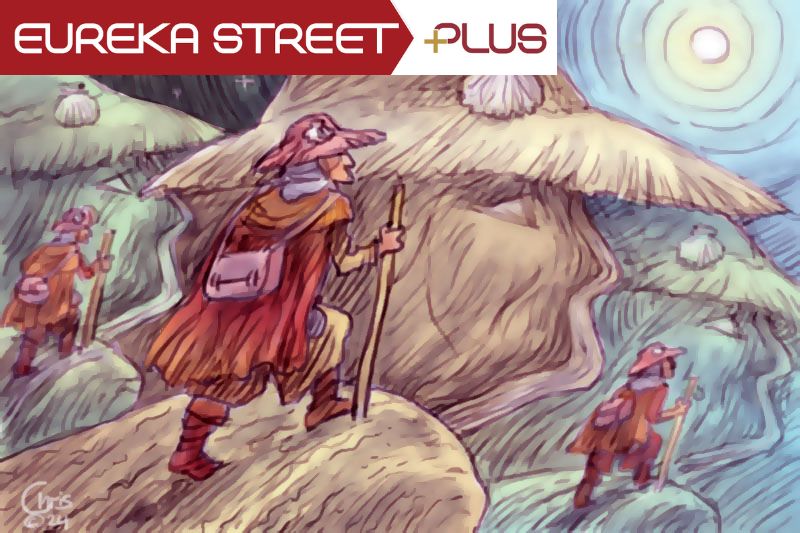
RELIGION
- Ann Rennie
- 13 September 2024
2 Comments
People visit graves and castles, libraries and mansions, battlefields and places of historical significance to feel a little of the lives of others, to pay homage, to make that human connection. We make secular pilgrimages to places that we have dreamt about or read in books or seen on screen. Wherever we go, these are ultimately visits to places within.
READ MORE 
-
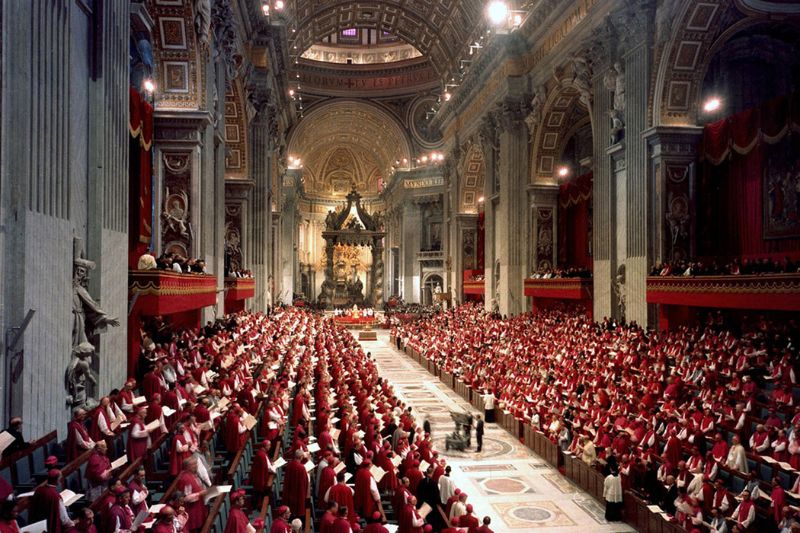
RELIGION
- Bill Uren
- 04 September 2024
6 Comments
The Synod on Synodality begins its second session in October. And while the synodal process may involve consultation, Pope Francis is keen to remind those hoping for reform that teaching authority remains with the Pope and bishops. As the Pope has insisted on a number of occasions, the Church is not a democracy, and the synod is not a parliament.
READ MORE
-

RELIGION
- John Warhurst
- 03 September 2024
8 Comments
Lay-led organizations, once marginalised, are now ascendant in the Church, challenging traditional hierarchies and redefining what church might look like in future. Ministerial Public Juridic Persons (MPJPs) have a growing influence, and for some, hold the potential for a more inclusive, lay-led Church.
READ MORE
-
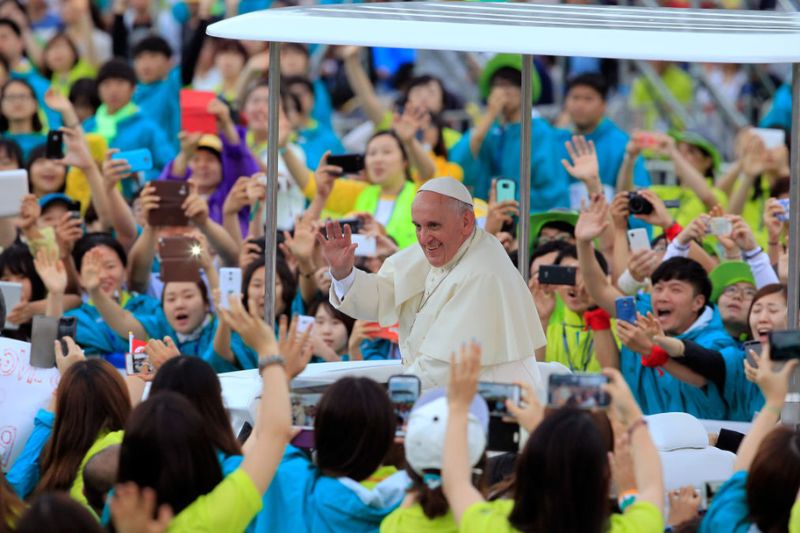
RELIGION
- Andrew Hamilton
- 28 August 2024
5 Comments
As Pope Francis embarks on a demanding tour, skipping Australia to visit smaller marginalised Catholic communities in Indonesia, Timor Leste, Papua New Guinea, he is demonstrating the priority of the Church in reaching out to those on the margins.
READ MORE
-
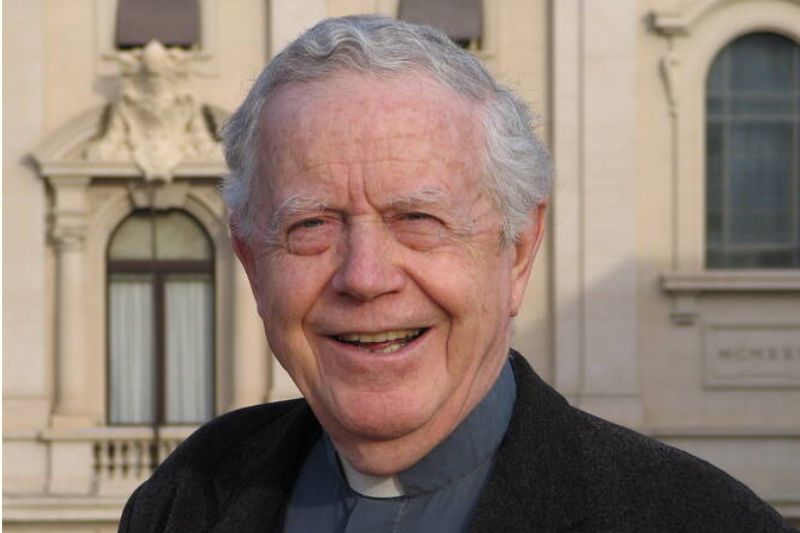
RELIGION
- Julian Butler
- 26 August 2024
3 Comments
Gerry had a wonderful way of making people feel welcome. He wanted to see people at their best and his company allowed others to be so. Gerry’s life was peopled by some of the most significant figures in the global Church, and in political and cultural society more broadly, but he wore those connections lightly.
READ MORE